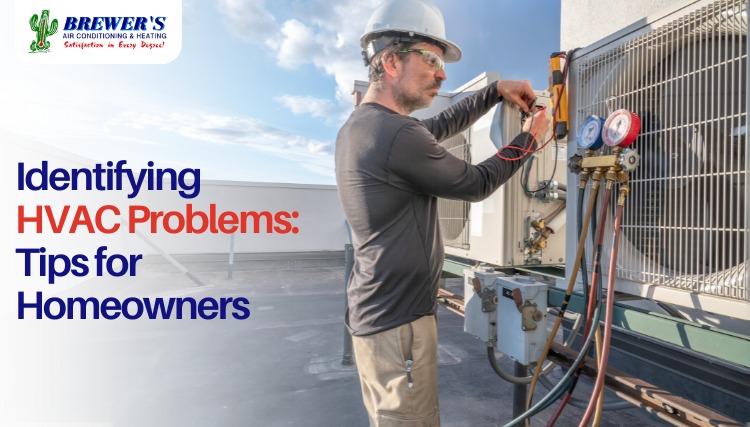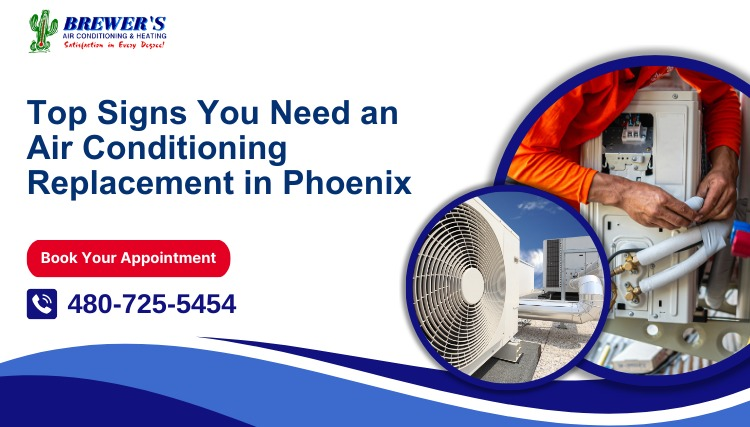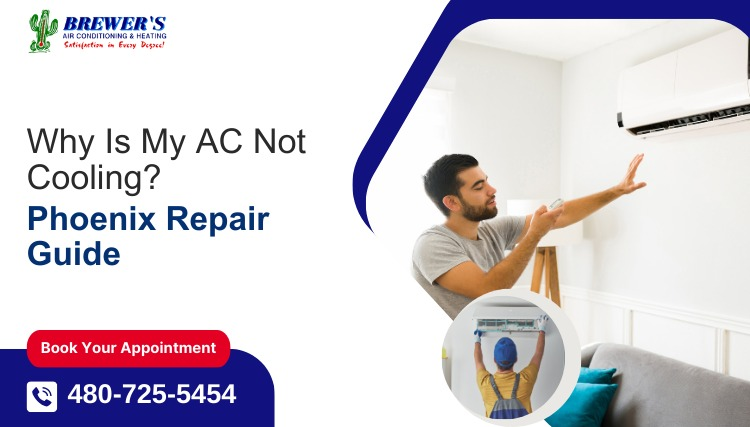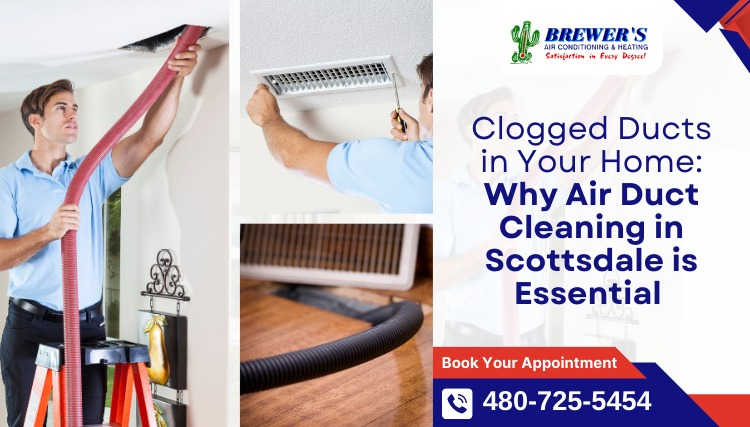
Owning a home comes with the responsibility of maintaining its comfort and efficiency, and your HVAC system plays a vital role in this. Common HVAC problems can crop up unexpectedly, leading to discomfort and expensive repairs. Identifying HVAC issues early on is needed to prevent costly breakdowns and improve the overall performance of your system. Whether it’s issues with your air conditioning or heating, there are signs you can look for that will help you spot problems before they worsen.
Let’s explore HVAC troubleshooting tips that every homeowner should know.
1. Regular Visual Inspections
One of the easiest ways to spot HVAC problems early is by conducting regular visual inspections. Check for obvious signs of wear and tear such as frost build-up on the evaporator coil, leaks around the unit, or corrosion on metal components. These HVAC warning signs are often early indicators that something isn’t functioning properly. Identifying them in time can save you from more expensive repairs later on.
2. Monitor Thermostat Performance
Your thermostat is the control center for your HVAC system, and if it’s not working properly, your whole system will suffer. A faulty thermostat may cause your system to run more often than necessary, increasing your energy bills. To test the thermostat, compare the temperature reading with a separate thermometer. If there’s a significant difference, it might be time to replace the thermostat or have it professionally calibrated.
3. Listen for Unusual Noises
Most HVAC systems make some noise, but if you start hearing unusual sounds, it could be a sign of a problem. For example, a rattling noise might indicate loose parts, while a buzzing sound could point to an electrical issue. Squeaking noises often suggest worn-out belts or insufficient lubrication. Recognizing HVAC issues like these early can help you address the problem before it becomes more severe.
4. Check Airflow and Temperature Differences
Inconsistent airflow or temperature variations throughout your home can be another indicator that something is wrong with your HVAC system. Start by checking the airflow at the vents: if there’s weak airflow or none at all, you could have a blockage in the ductwork. Measure the temperature difference between the supply and return ducts. A 20-degree Fahrenheit difference is typical for properly functioning systems. Anything less might suggest that your system needs attention.
5. Change Air Filters Regularly
One of the simplest HVAC maintenance tips for homeowners is to change the air filters regularly. Dirty filters restrict airflow, forcing your system to work harder and use more energy. As a result, your HVAC unit could experience more wear and tear, eventually leading to breakdowns. Depending on how much you use your system, it’s generally recommended to replace filters every 1-3 months. If you notice increased dust accumulation around vents or a drop in airflow, it’s time to swap out the filter.
6. Inspect Ductwork for Blockages
Clogged ducts can affect the efficiency of your system and the quality of the air in your home. To check for blockages, inspect the ducts for obstructions and ensure they are clear. If you’re not sure, you might need to contact a professional to clean the ducts, especially if you notice a decrease in your system’s performance even after changing the filters.
7. Look for Signs of Leaks
Leaks are one of the most common heating and cooling problems that can go unnoticed until they become a big issue. You may notice fluctuating room temperatures, water pooling around units, or strange smells coming from the vents. To identify leaks, check duct connections for gaps, inspect windows and doors for drafts, and use a smoke pencil to detect airflow issues. Leaks can reduce your system’s efficiency and lead to higher energy costs.
8. Schedule Professional Maintenance
Even with regular checks, it’s important to have your HVAC system inspected by a professional at least once a year. Regular professional maintenance can help you identify HVAC issues that may not be obvious to the untrained eye. A technician will perform a thorough inspection and tune-up, ensuring that your system is running efficiently and safely. This preventive maintenance is one of the best ways to avoid costly repairs in future.
Conclusion
You can prevent your HVAC system from turning into a costly problem by being a little careful and proactive. Regular maintenance, awareness of HVAC warning signs, and simple inspections can go a long way in prolonging the life of your system. Keep an eye on your HVAC to discover issues before they get out of hand.
If you’re unsure or need help with fixing HVAC problems, don’t hesitate to contact Brewer’s Air Conditioning and Heating for expert service and guidance.











